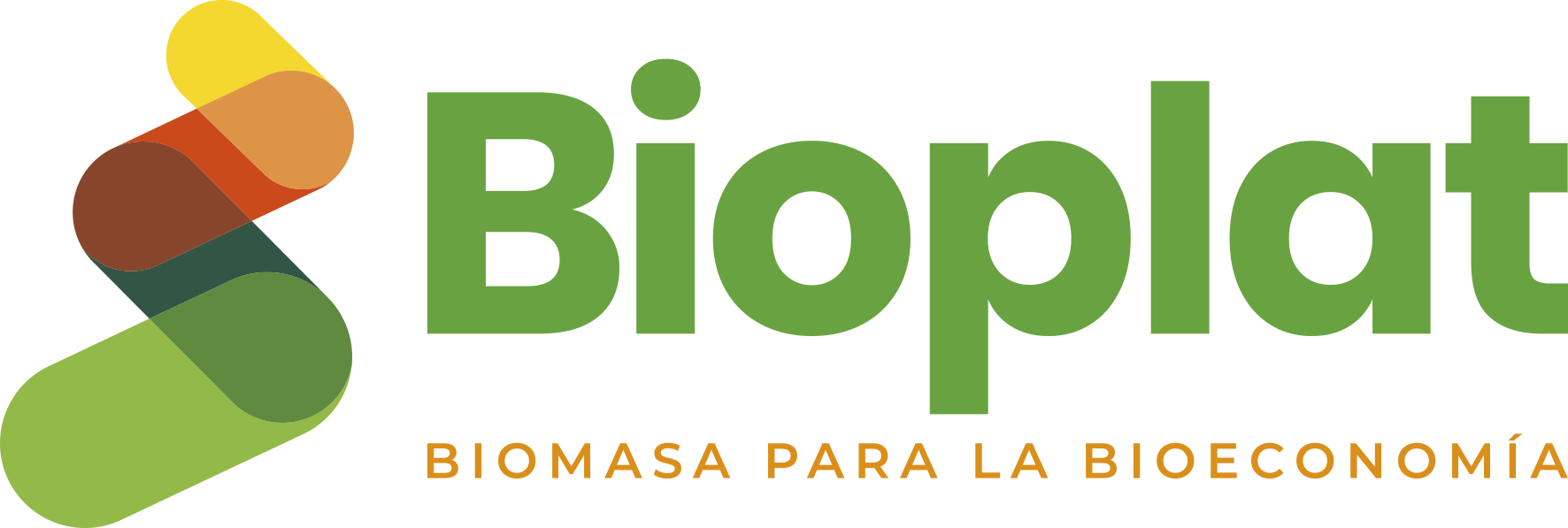14 Mar 2018
Recommendations of BIOPLAT for the Spanish Circular Economy Strategy
BIOPLAT has elaborated its recommendations to the draft of the Spanish Circular Economy Strategy.
The importance of promoting the transition towards a circular economy in the funding of Research, Development and Innovation actions, specifically through the development of biorefinieries is a key element for the Circular Economy Strategy.
The European Commission has made a major commitment to move towards the circular economy by establishing a zero waste programme for Europe and by adopting, in December 2015, a package of measures on the circular economy. These measures seek to extract maximum value and to use all raw materials, products and waste, thereby promoting energy efficiency and reducing greenhouse gas emissions. Reusing biomass waste – produced both by the primary sector and by the population at large and industry – in biorefineries would fit perfectly with this policy by contributing to the transition toward the circular economy while avoiding the penalties associated with waste generation and/or landfill.
One more key element is boosting of the use of renewable rather than fossil-based raw materials in strategic sectors. Incentives should be introduced into relevant policies and regulations for the uptake of bio-based products in strategic sectors (e.g. packaging, automotive, coatings, construction, cosmetics, energy, fertilizer, homecare, pharmaceutical and textiles industries). The bioeconomy and bio-based products should be acknowledged and incentives should be introduced in order to reduce dependence on non-renewable resources due to its ability to ‘close the circle’ by converting waste into resources, avoiding serious environmental impacts and generating socio-economic dynamism at the same time.
To guarantee, in all cases, a sustainable management of resources and especially of biomass resources is a key element for the Circular Economy Strategy. Both the mobilization of existing biomass and other new biomass (via biotechnology) and new implementation (via crops) are essentials for the bioeconomy strategy, and policies and actions must focus on the agricultural, forestry, livestock, industrial and waste sectors. In all cases, sustainable management of resources must be guaranteed, making use of existing tools (such as forest certification systems, for example) and, in the case of biomass from plantations, that these do not compete with purely food plantations or suppose an intensive use of inputs (water, fertilizers, etc.).
